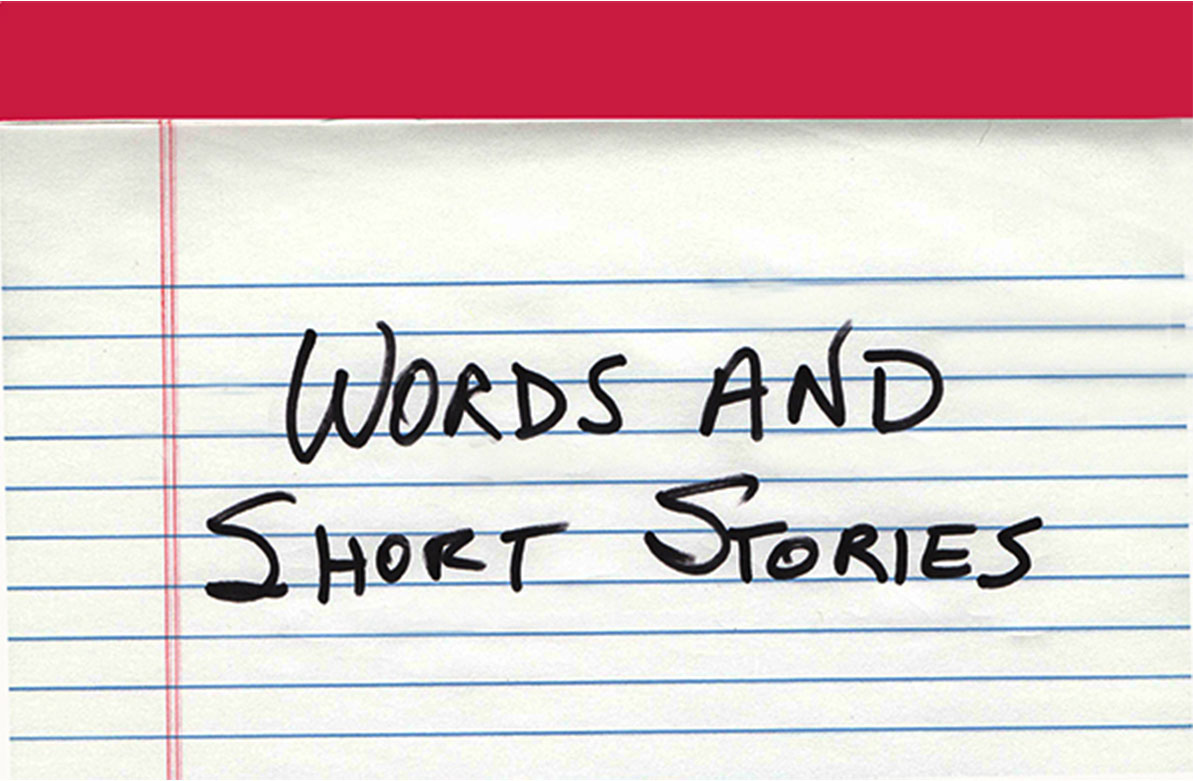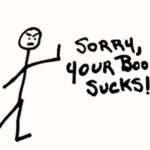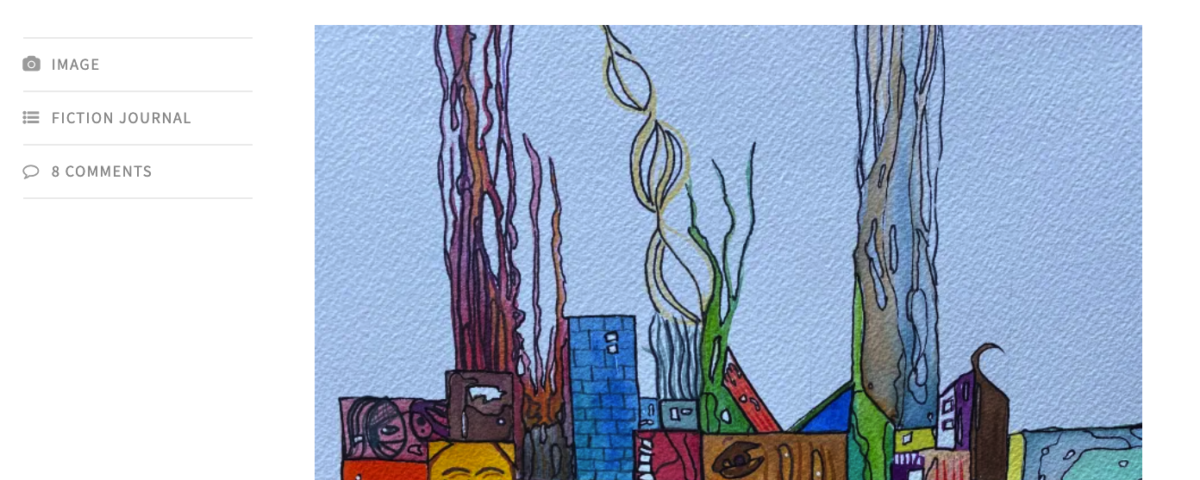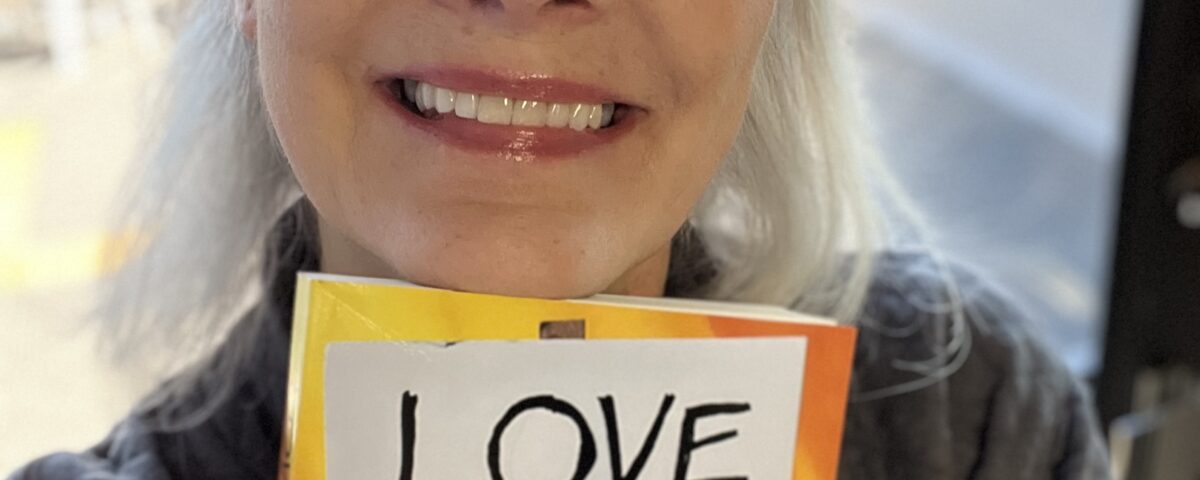
When you read a short story,
you come out a little more aware and
a little more in love with the world around you.
~George Saunders
When comparing the techniques of writing short stories versus novels, some people use the sports analogy: “Short story writing is to novel writing what a sprint is to a marathon.”
To me, writing a short story is a specialized art form. Where a fine arts painter creates style and mood with efficiently placed brush strokes, the talented short story writer plucks only the most compelling words from his toolkit.
Word choice is vital for developing the vibrant and entertaining stories you want to create. While character, conflict, plot, setting, and theme are key ingredients of a good story, word selection is the icing. With roughly one million options in the English language, there’s no need to settle for unnecessary, redundant, overused, anemic words that slow down your intentions and threaten to drive your story straight into the archives of mediocrity.
“What words?” you ask. Good question.
The words “up” and “down” come to mind. Libby woke up and opened the window. Nope, the sentence doesn’t need up. He set it down near the cash register.
And, using the terms “nodding yes” and “shaking her head no” adds extra baggage. She nodded yes. (Duh, that’s what nodding is.) He shook his head no. (Double duh)
Taking out these four redundant words will free up space to bring in the expressive vocabulary to convey the atmosphere, like tranquil – elegant. Words that will build mood, like insidious – anxious, and sensory words that evoke detail, like tangy – coarse.
And while we’re talking about unnecessary words, be on high alert when it comes to just, then, that, seem and very. They’re sneaky, like weeds. When too many of them slink into your word garden, they dull the brilliance of your prose.
So, back to the sports analogy. The sprinter trains for explosive power and agility. The marathon runner trains for endurance, adjustments for excellence, and dedication to make it to the finish line.





